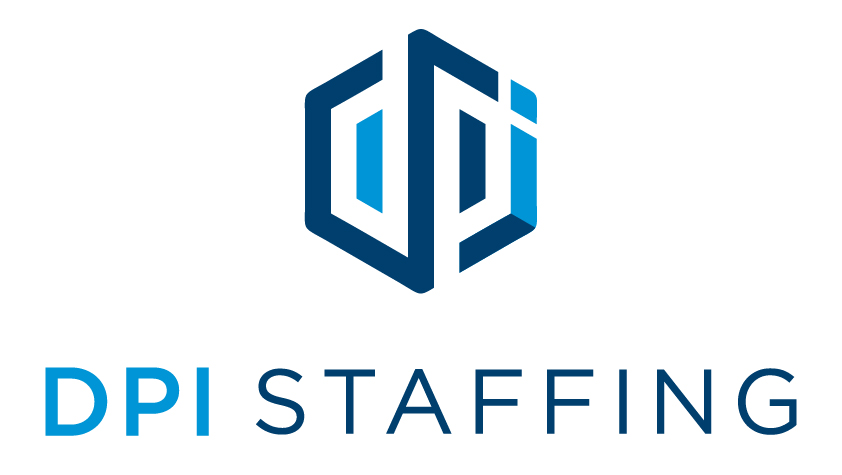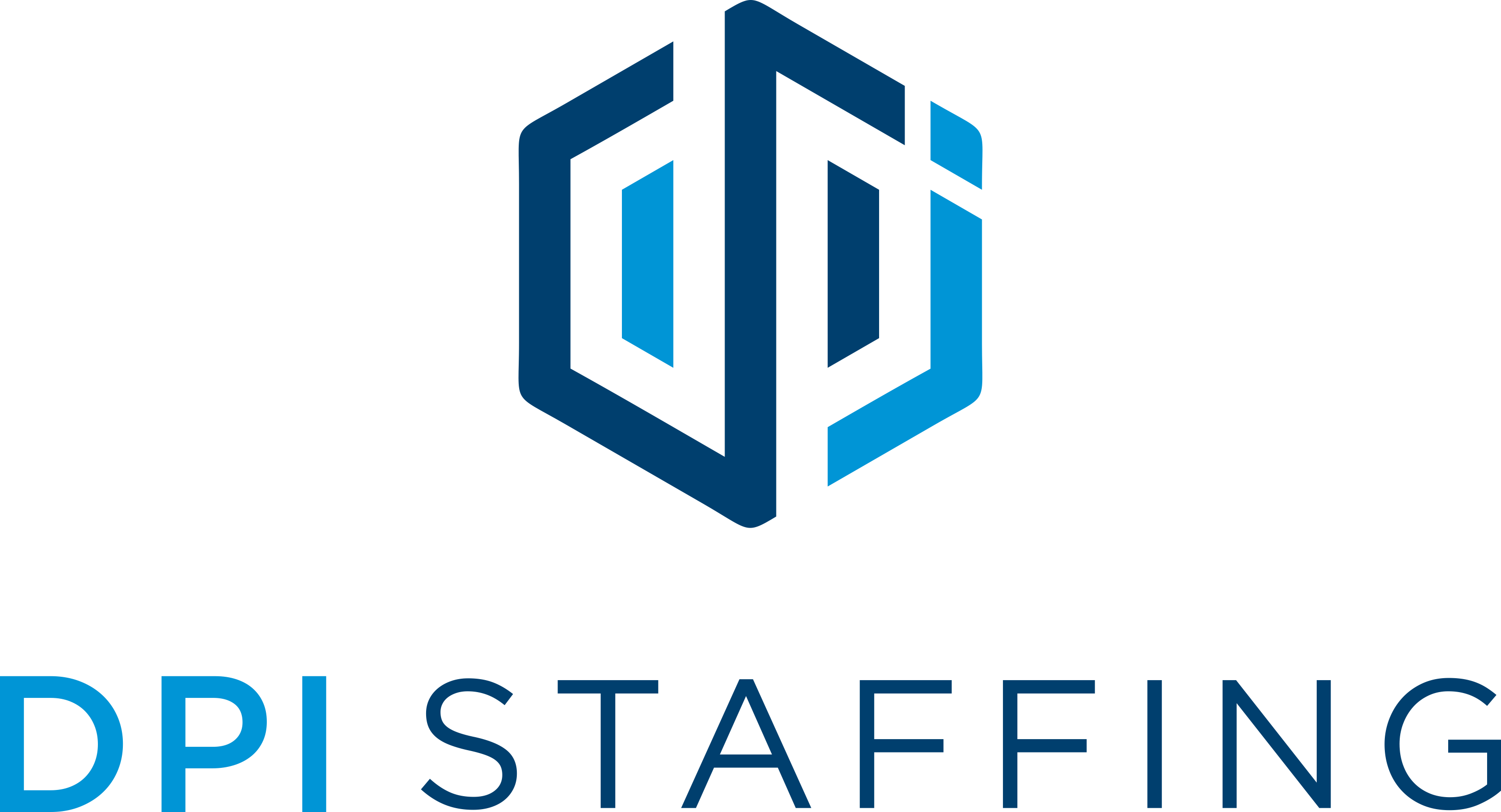If you work in HR or operations, you know how difficult hiring employees is in today’s competitive job market. It’s easier to identify unqualified candidates when hiring for positions that require specific education, experience and hard skills. But entry-level employees may not have much work experience, so what factors do you consider?
Soft skills, those less tangible attributes and personality traits, should be key considerations when hiring entry-level employees. Candidates with the following skills have a good foundation on which to grow and develop the hard skills needed to thrive in a position.
Reliability
It seems obvious, but having an employee who arrives at work on time, and has a good attendance record and work ethic, is vitally important. An inexperienced but dependable, hard-working individual can develop new skills while on the job. One who can’t be counted on will not make a good long-term employee.
Communication
Communication is a prime soft skill for any entry-level employee, whether they’re answering phones or working in production in a warehouse. Listening and effectively conveying information to coworkers, supervisors, customers or others, is a core competency, and its importance can’t be overemphasized.
Problem-Solving
We all face challenges in the workplace. An individual’s ability to recognize issues and proactively work on solutions is essential in any role. Ask a candidate in an interview about a time they solved a problem, or give them a hypothetical on-the-job issue and asking for solutions, in order to gauge the person’s problem-solving aptitude.
Adaptability
Every workplace requires a certain amount of flexibility. For instance, perhaps an employee primarily works in the warehouse, but sometimes interacts with customers. You want employees who can adapt to whatever challenges they may face.


